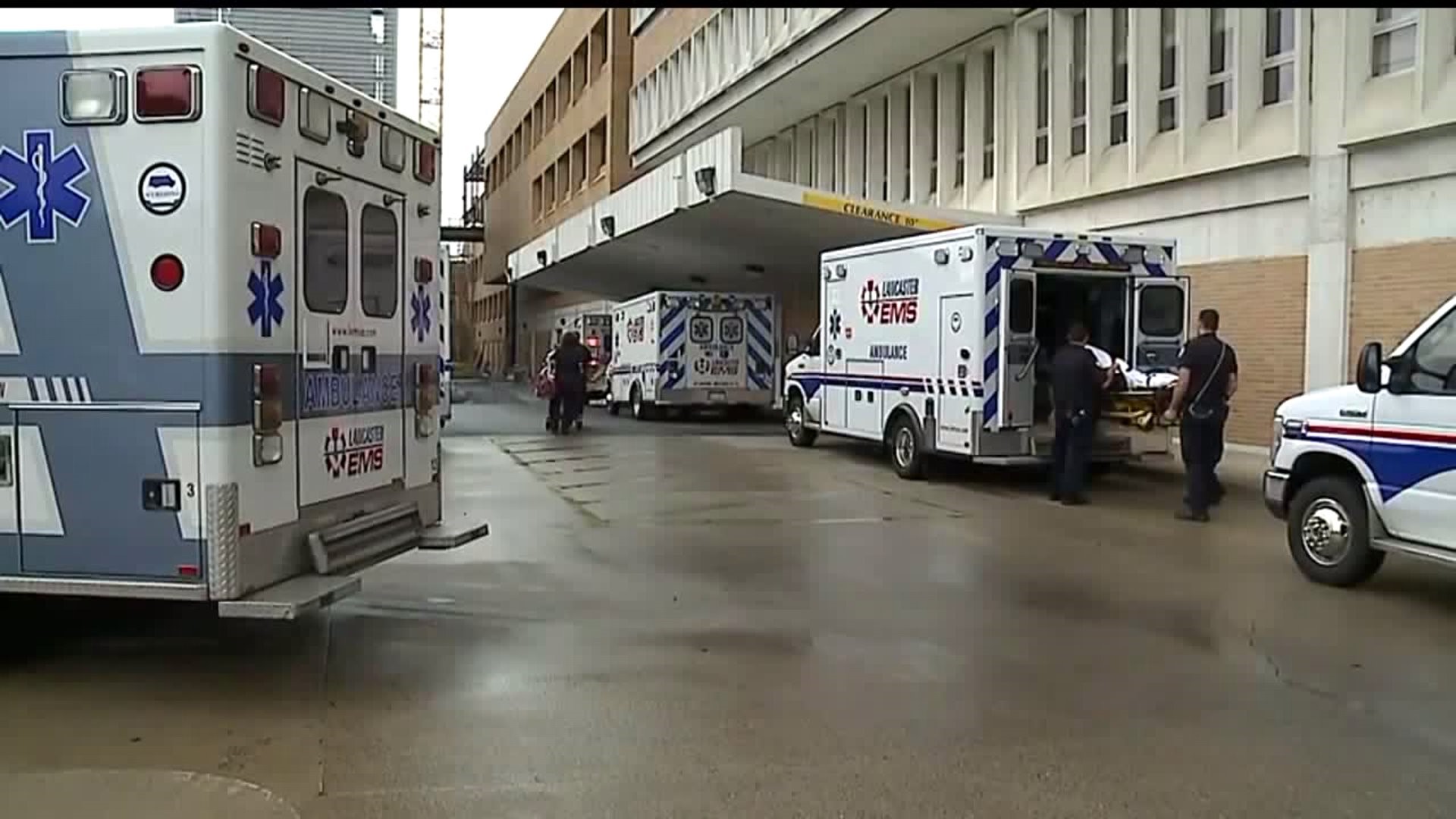LANCASTER COUNTY, Pa. -- EMS companies across the nation are facing financial challenges - from trouble offering employees competitive salaries to finding sustainable funding.
Susquehanna Valley EMS held a forum in Lancaster County and invited officials from all across South Central Pennsylvania to learn more about those issues.
EMS workers revive people who have just overdosed, give sugar to diabetic patients who are minutes from death, and treat your kids' broken bones, but, now EMS workers say they need your attention.
No matter the time of day, they're always listening - EMS workers ready to save the next life.
Who is paying attention to EMS workers' needs?
"The shame of it is, the citizens are not paying attention to this," said C. Steven Lyle, Executive Director of Emergency Health Services Federation.
Public safety officials are trying to draw eyes to the issues now challenging some of our nation's heroes at a meeting in East Hempfield Township.
"I'd love it to go statewide and go out and do ten more of these, because there's a lot of leaders not there from the county that certainly could've gained from the information," said Mike Fitzgibbons, CEO, Susquehanna Valley EMS.
Some EMS workers in Pennsylvania make less than $10 an hour, and to make matters worse, outside companies are specifically recruiting EMS workers to their businesses.
"You don't have to look far to see these individuals could go elsewhere for employment," explained Lyle.
Many times, employees exhaust themselves just to make ends meet."
A 12 hour shift at one ambulance company right into a 24 hour shift at another ambulance company. Now, do you want to be a patient after 35 hours of a person's duty? No," said Stephen Wirth, a practicing attorney for EMS companies.
Their life-saving services aren't always being paid for."Reimbursement is woefully inadequate. It's less than the cost of providing the service in most cases," added Wirth.
If they're not taking people to the hospital, officials say EMS companies can't even make that money.
"Ambulances are only out there transporting patients about 30 percent of the time they're on duty. So what happens 70 percent of the time? It's the cost of readiness!"said Wirth.
With all the training needed today and newer, pricey equipment, the cost of that readiness has only increased.
Officials say it's certainly a different time from twenty years ago, and things will only continue to change.

